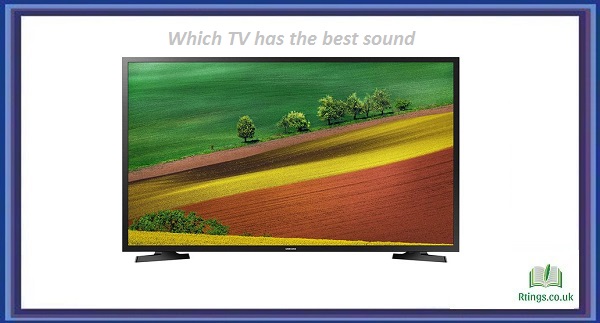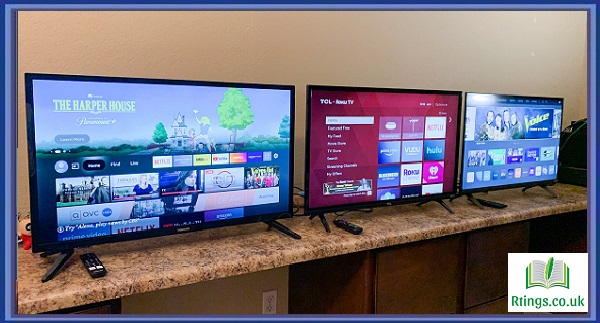TV antennas have been around for a long time and continue to provide a reliable and cost-effective way to access television content. This article will closely examine how TV antennas work and the available types.
The Principles of Antenna Operation
TV antennas work based on the principles of electromagnetic radiation. Electromagnetic radiation is a form of energy that travels through space and carries information. TV stations transmit electromagnetic signals through radio waves that have the information for television programming. The TV antenna captures these signals and converts them into electrical signals that can be displayed on a television.
Types of TV Antennas
There are several TV antennas, each with unique features and benefits. Some of the most common types include:
Outdoor Antennas
Outdoor antennas are typically mounted on the roof or outside wall of a building and are designed to pick up the most vital signals from local TV stations. They generally are more potent than indoor antennas and can receive alerts from farther away.
Indoor Antennas
Indoor antennas are designed to be placed inside the home and are typically less powerful than outdoor antennas. They are convenient for those who need access to an outdoor installation location or prefer a more discreet installation.
Directional Antennas
Directional antennas are designed to pick up signals from a specific direction. They are typically more powerful than omnidirectional antennas and are best used in areas where signals are weak.
Omnidirectional Antennas
Omnidirectional antennas are designed to pick up signals from all directions. They are typically less powerful than directional antennas but are more versatile and can be used in a wider range of locations.
Factors that Affect Antenna Performance
Several factors can affect the performance of a TV antenna. Some of the most important factors include the following:
Signal Strength
The strength of the signal transmitted by the TV station is the most important factor in determining the performance of a TV antenna. Stronger signals will provide better picture quality and less interference, while weaker signals may result in a fuzzy or unreliable picture.
Antenna Type
The type of antenna used can also affect its performance. Directional antennas are typically more powerful than omnidirectional antennas but are also more directional and require precise aiming.
Antenna Placement
The placement of the antenna can also affect its performance. Outdoor antennas should be mounted in a clear, unobstructed location for maximum performance, while indoor antennas should be placed near a window for best reception.
Distance from the TV Station
The distance from the TV station can also affect the performance of an antenna. The farther away from the station, the weaker the signal will be, and the more likely interference from other sources will be present.
Choosing the Right Antenna
When choosing a TV antenna, it is important to consider the factors that affect its performance and select an appropriate antenna for your location and needs.
Frequently Asked Questions
What is a TV Antenna?
A TV antenna is a device that captures the broadcast signals transmitted by local TV stations and converts them into a form that can be displayed on a television. The antenna receives the signals and passes them to a coaxial cable that runs to the TV.
How does a TV Antenna work?
TV antennas work based on the principles of electromagnetic radiation. Electromagnetic radiation is a form of energy that travels through space and carries information. TV stations transmit electromagnetic signals through radio waves that have the information for television programming. The TV antenna captures these signals and converts them into electrical signals that can be displayed on a television.
What are the different types of TV Antennas?
There are several types of TV antennas, including outdoor antennas, indoor antennas, directional antennas, and omnidirectional antennas. Each class has unique features and benefits; choosing the right one will depend on location and signal strength.
What factors affect the performance of a TV Antenna?
The performance of a TV antenna can be affected by signal strength, antenna type, antenna placement, and distance from the TV station. When choosing an antenna, it is important to consider these factors to ensure the best possible performance.






